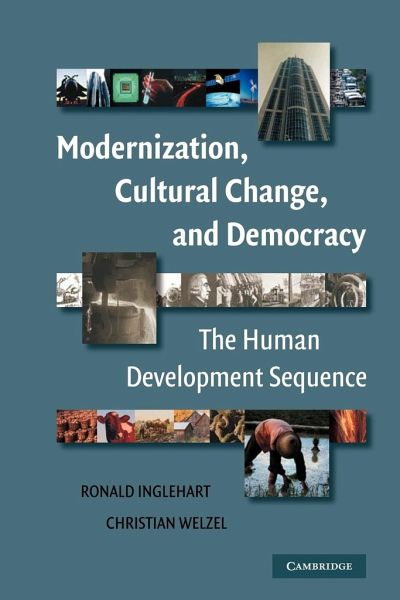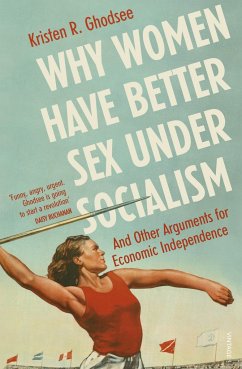
Modernization, Cultural Change, and Democracy
The Human Development Sequence
Versandkostenfrei!
Versandfertig in 1-2 Wochen
47,99 €
inkl. MwSt.

PAYBACK Punkte
24 °P sammeln!
This book demonstrates that people's basic values and beliefs are changing, in ways that affect their political, sexual, economic, and religious behaviour. These changes are roughly predictable: to a large extent, they can be interpreted on the basis of a revised version of modernisation theory presented here. Drawing on a massive body of evidence from societies containing 85 percent of the world's population, the authors demonstrate that modernisation is a process of human development, in which economic development gives rise to cultural changes that make individual autonomy, gender equality,...
This book demonstrates that people's basic values and beliefs are changing, in ways that affect their political, sexual, economic, and religious behaviour. These changes are roughly predictable: to a large extent, they can be interpreted on the basis of a revised version of modernisation theory presented here. Drawing on a massive body of evidence from societies containing 85 percent of the world's population, the authors demonstrate that modernisation is a process of human development, in which economic development gives rise to cultural changes that make individual autonomy, gender equality, and democracy increasingly likely. The authors present a model of social change that predicts how the value systems play a crucial role in the emergence and flourishing of democratic institutions - and that modernisation brings coherent cultural changes that are conducive to democratisation.














